PTFE (Polytetrafluoroethylene) insulators are used in various electrical and electronic applications due to their unique properties, including excellent dielectric strength and resistance to heat. These insulators play a critical role in ensuring the safe and efficient operation of electrical systems.
1. Electrical Insulation
- Prevents short circuits: PTFE insulators are primarily used to prevent the flow of electrical current where it is not intended. They help to avoid short circuits by isolating conductive components from one another.
- High dielectric strength: PTFE provides exceptional insulation properties, preventing electrical leakage and ensuring the safe operation of high-voltage equipment.
2. Heat Resistance
- Withstands high temperatures: PTFE has a high melting point, making it ideal for use in environments with extreme heat. It can resist temperatures up to 260°C (500°F) without degrading, providing long-lasting insulation performance.
- Maintains integrity: The material retains its insulating properties even under high thermal stress, which is critical for electrical systems exposed to fluctuating or high temperatures.
3. Chemical Resistance
- Resists harsh chemicals: PTFE insulators are chemically inert and resistant to a wide range of solvents, acids, and bases. This makes them suitable for use in aggressive environments where other materials might break down.
- Durability in harsh conditions: The chemical resistance of PTFE ensures that insulators maintain their effectiveness and structural integrity in industries like pharmaceuticals, chemical processing, and electronics.
4. Mechanical Strength
- Physical protection: PTFE insulators also offer physical protection for cables and wires. They prevent damage from mechanical stress, abrasion, and environmental factors.
- Long lifespan: The combination of high mechanical strength and resistance to wear allows PTFE insulators to function reliably over time.
5. Low Friction
- Reduces wear and tear: PTFE has a low coefficient of friction, making it ideal for applications where the insulator may experience movement or friction, such as in rotating equipment.
- Smooth surface: The low friction characteristic ensures that PTFE insulators have a smooth surface, reducing the chances of abrasion damage over time.
In summary, PTFE insulators are essential for electrical insulation, heat resistance, chemical stability, mechanical protection, and durability in various industries, ensuring the safe and reliable performance of electrical systems.

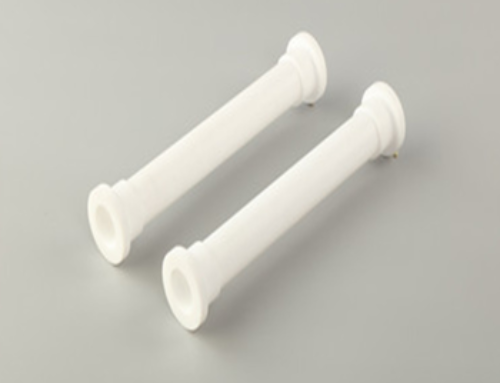
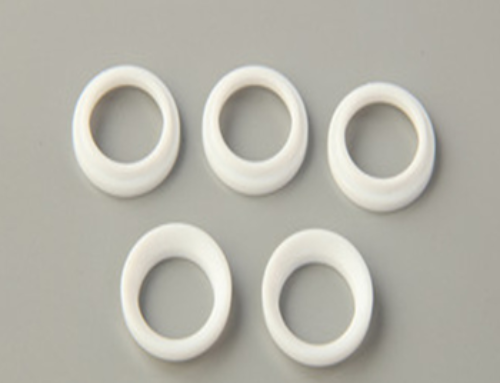
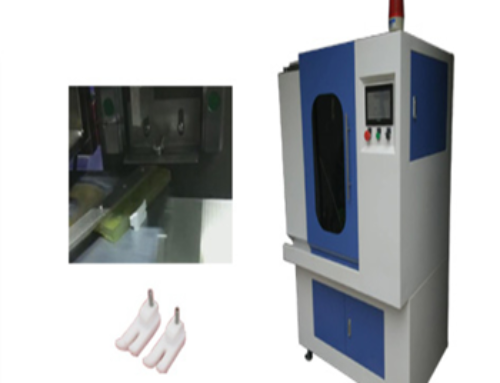
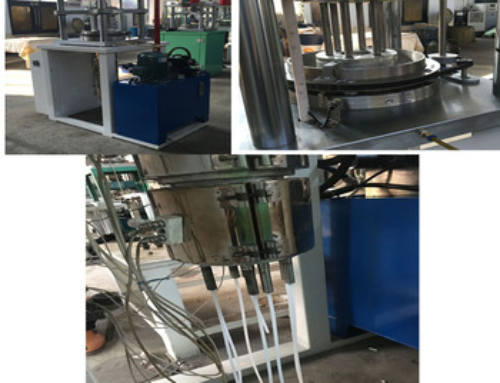
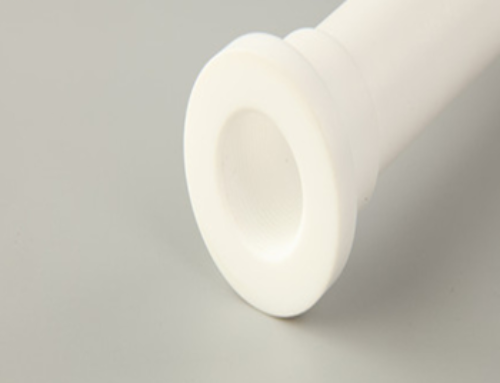

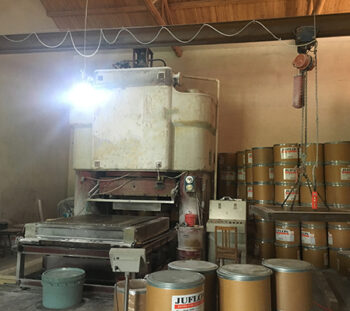
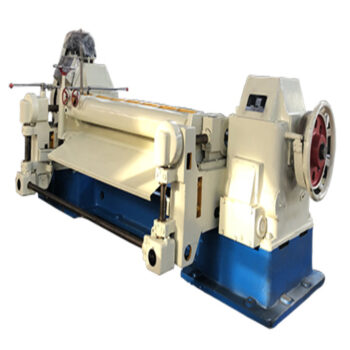
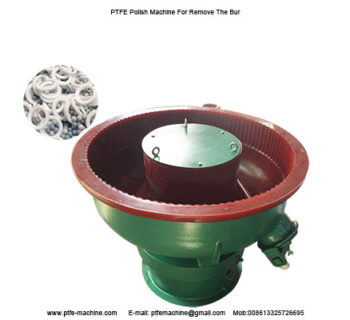
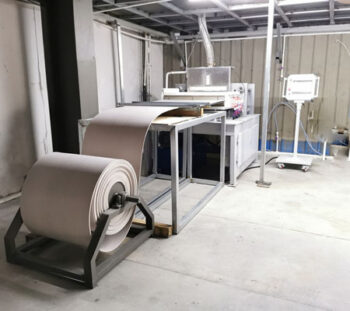
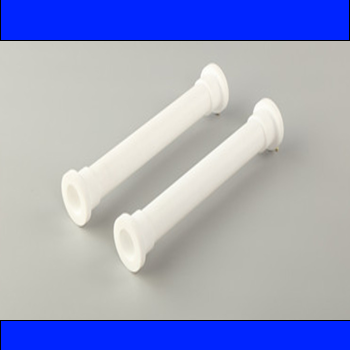

Leave A Comment
You must be logged in to post a comment.